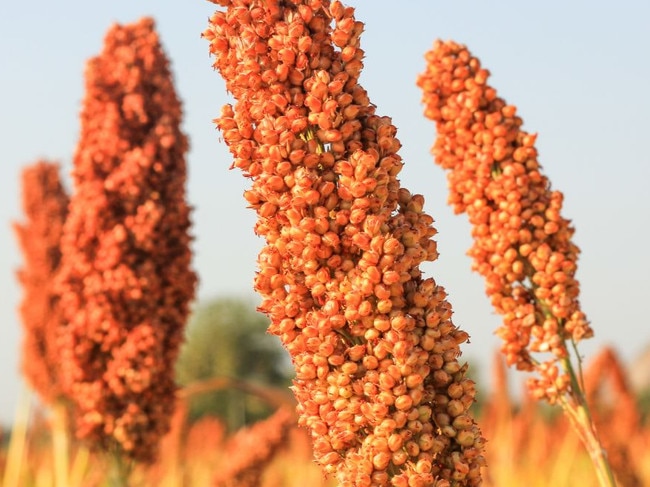Forget Mediterranean cuisine — this diet has health benefits
For decades, the Mediterranean diet has been held up as a model of nutrition. But this less-heralded cuisine could be equally protective.
Nutrition
Don't miss out on the headlines from Nutrition. Followed categories will be added to My News.
For decades, the Mediterranean diet has been held up as a model of nutrition – its emphasis on fresh vegetables, whole grains and olive oil praised for its heart-healthy benefits.
Research suggests, however, that another, less-heralded cuisine could be equally protective: that of northern Tanzania.
A study in Nature Medicine found that shifting to a diet typical of the East African country – one rich in vegetables, legumes, ancient grains and fermented foods – for only two weeks had strikingly positive effects.
In particular, it dampened inflammation, which has been linked to a host of illnesses including Alzheimer’s disease and arthritis. Proteins in the blood linked to a cluster of conditions, including heart attacks, strokes and insulin resistance, also fell.

The research involved 77 healthy men from urban and rural areas of northern Tanzania. Those who usually ate a traditional diet adopted western-style food for two weeks, switching to meals that included roast beef and mashed potatoes for dinner and egg and chips for lunch.
Those accustomed to a western diet moved to traditional fare, including breakfasts of boiled cassava and midday meals of boiled chicken and greens.
The resulting changes were larger than the researchers had anticipated. The blood of those who adopted a western diet showed a steep increase in inflammatory markers. There were also signs that their immune systems were less able to deal with infections. By contrast, those who shifted to a Tanzanian diet exhibited reduced inflammation and healthier metabolic profiles. The effects lasted for at least a month.

The diet tested in the study was representative of the traditional cuisine of the Chagga people, who live on the slopes of Mount Kilimanjaro. Their cuisine is largely plant-based, featuring ingredients such as plantains, beans, millet and sorghum, and probiotic- laden fermented foods and polyphenol-rich fruits and vegetables.
One staple, kiburu – a porridge of green plantain and kidney beans – was among those offered to participants.
Quirijn de Mast, one of the study’s authors, suggested that other cuisines on the continent may offer similar benefits. “The Mediterranean diet has been extensively studied, but African heritage diets hold untapped potential for promoting health,” he said. “These diets are diverse, rich in fibre and feature unique food products that may offer specific health advantages.”

Rapid urbanisation and a proliferation of processed foods have led to a decline in traditional dishes across much of Africa. De Mast also noted that conditions that were once rare in the region – such as inflammatory bowel disease and type 2 diabetes – were on the rise.
So should westerners consider swapping olive oil for fermented banana porridge? “The core principle is unprocessed, fibre-rich foods,” De Mast said.
He added, however, that ancient African grains such as teff might have specific health benefits that would merit further study. “Africa harbours an extraordinary diversity of traditional diets, many of which are still under- explored in scientific research, and are at risk of disappearing before we fully understand their potential,” he said.
More Coverage
Originally published as Forget Mediterranean cuisine — this diet has health benefits




